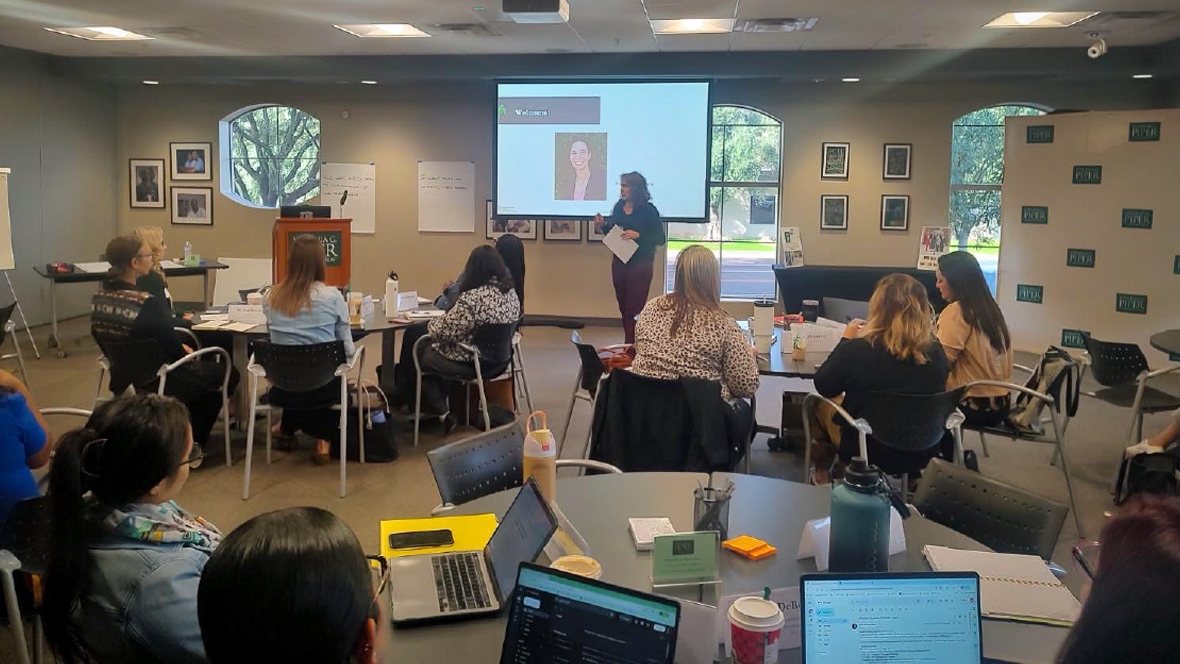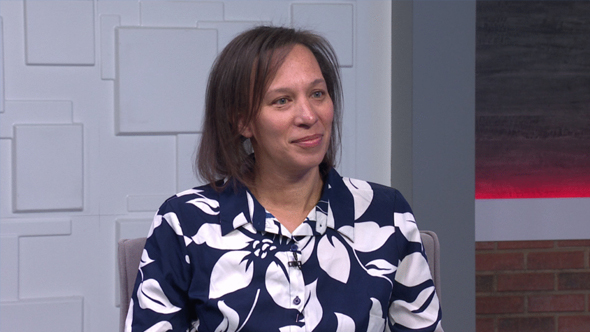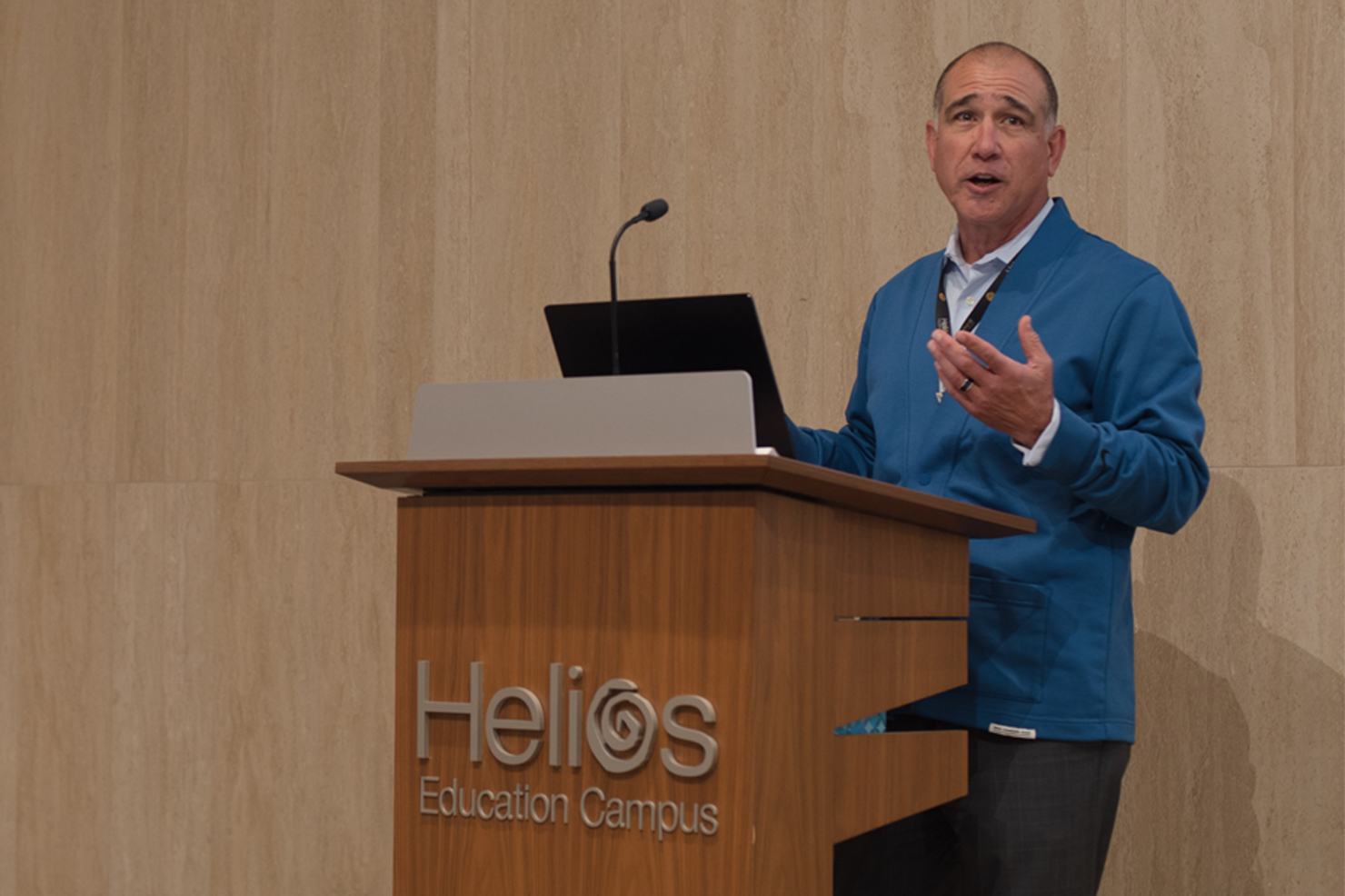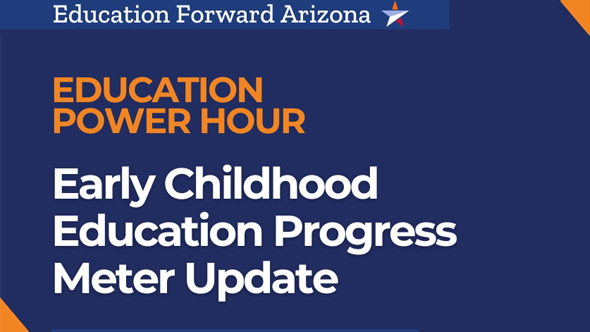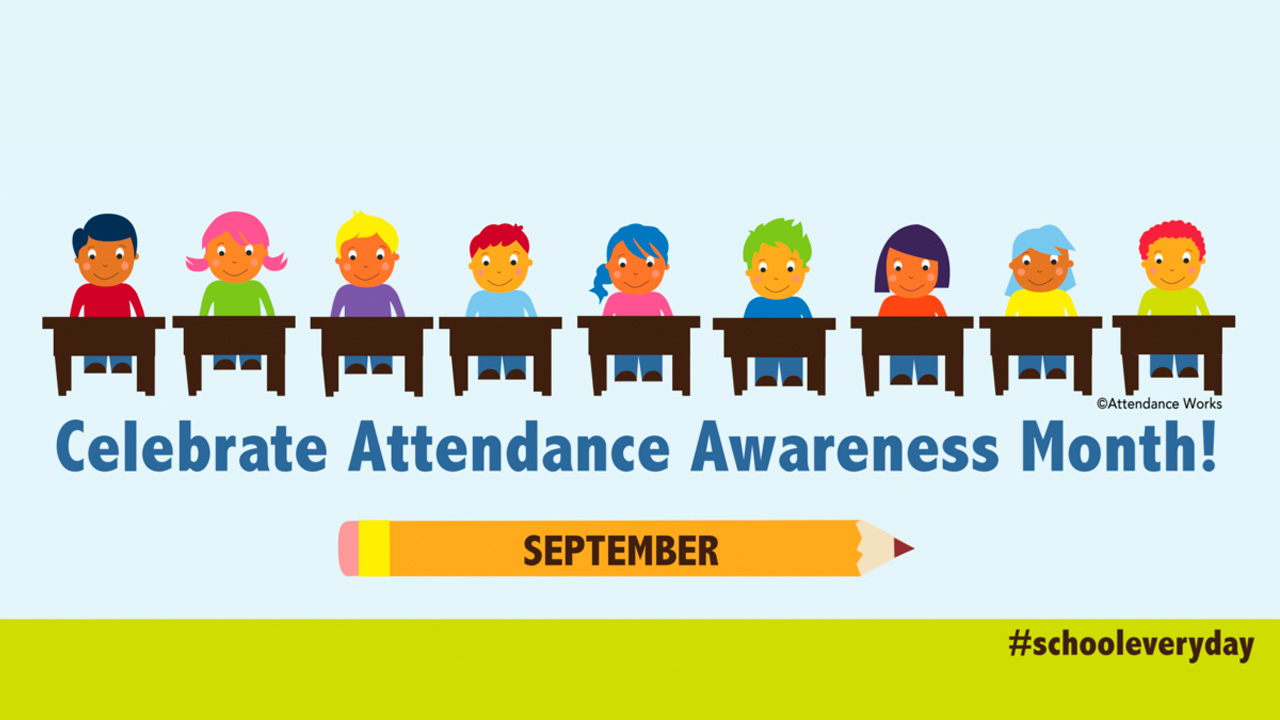
September 25, 2017
Literacy News
PHOENIX – School is back in full swing in Arizona, and there's work underway to ensure children are not missing out on the opportunity to learn.
September is Attendance Awareness Month, and educators say it's never too early to build a healthy habit of getting to school on time each and every day.
Terri Clark, literacy director of the education advocacy group Read On Arizona, explains data show that both average daily attendance and chronic absenteeism are top factors that impact early literacy.
"So, if they're missing that much time in the classroom it impacts their academic growth and success,” she explains. “Bottom line, if they're not in class, minutes matter."
Chronic absenteeism is defined as missing 18 days out of the school year, whether excused or unexcused.
Research from Read On Arizona found that 14 percent of students in grades kindergarten through 12 were chronically absent in 2014.
Chronic absenteeism is not simply about cutting class for the sake of it. Clark explains some students who face challenges attending school regularly may be struggling with poverty or homelessness, or may be involved in the child welfare or juvenile justice systems. And she notes that the highest rates of chronic absenteeism are among students in kindergarten and first grade.
"It might be seen as, 'Oh, kindergarten, first grade – maybe that's not as crucial that they be in class every day,'” she relates. “And what we're trying to say is, it is crucial. Those early learning opportunities—and especially with reading—they need to be in the class and working with the teachers."
Arizona has been tracking chronic absenteeism and Clark says there have been decreases in grades kindergarten through third in recent years. She says attendance improves when schools and parents work together to develop solutions.
"It's one of those great family/school partnership solutions that when everybody's working from the same page can really lead to a decrease in chronic absenteeism, and the great benefit is that you start to see an uptick in your reading outcomes," she states.

